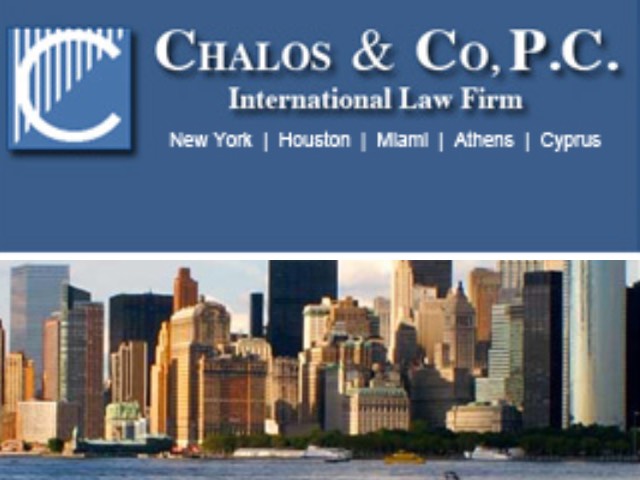On Monday, March 30, 2020, the United States Supreme Court issued a decision affirming the holding by the Third Circuit Court of Appeals and following the ‘long-line’ of decisions from the Second Circuit Court of Appeals which interpret the language of unqualified safe berth charterparty clauses as embodying an express warranty of safety by the charterer. Citgo Asphalt Refining Co., et al. v. Frescati Shipping Co., Ltd., et al., No. 18-565, 2020 U.S. LEXIS 1925 (March 30, 2020). The M/T ATHOS I was en route from Venezuela to New Jersey when an abandoned ship anchor punctured the vessel’s hull in the Delaware River causing approximately 264,000 gallons of crude oil to spill into the river. The Vessel was owned by Frescati Shipping Co. and was on sub-charter to Citgo Asphalt Refining Co. (CARCO), who had selected the berth in question. Clean-up costs totaled in excess of USD $133 million.
The issue before the Supreme Court was whether the Vessel’s Owners and the United States which had paid for the clean-up (consistent with the requirements of the Oil Pollution Act of 1990), were eligible to recover their respective portions of the clean-up costs as a result of CARCO’s breach of the contractual “safe-berth” clause. CARCO argued that the clause only required the exercise of due diligence in selecting the berth. The Third Circuit Court of Appeals held that the clause embodied an express warranty of safety made without regard to the charterer’s diligence in selecting the berth. The Supreme Court affirmed the judgement of the Third Circuit, holding that the plain language of the contract clause unambiguously established a warranty of safety. The clause in question invoked standard language found in the ASBATANKVOY charter form, stating in relevant part, that “[t]he vessel shall load and discharge at any safe place or wharf, . . . which shall be designated and procured by the Charterer, provided the Vessel can proceed thereto, lie at, and depart therefrom always safely afloat, any lighterage being at the expense, risk and peril of the Charterer.” The Supreme Court held that there was no requirement for the clause to actually state the term “warranty,” so long as the clause includes a statement of material fact regarding the condition of the berth selected by the charterer.
Critically, the Supreme Court concluded by stating that the decision does no more than provide a legal backdrop against which future charter party agreements will be negotiated and that Charterers remain free to contract around unqualified language that would otherwise establish a warranty of safety by expressly limiting the extent of their obligations or liability.
To read a copy of the Supreme Court’s decision, please click here.
Source: Chalos & Co, P.C.









































